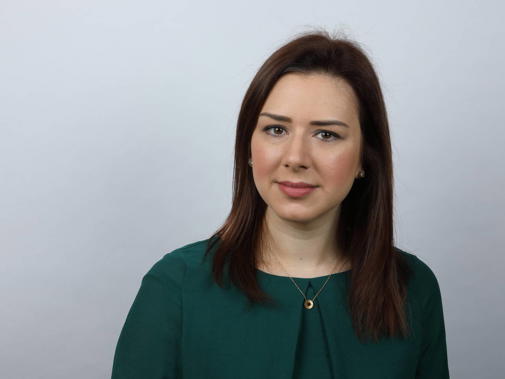Since the beginning of the pandemic, the burden shouldered by junior doctors has been immense. We have spent days on COVID wards with no end in sight, redeployed into unfamiliar departments, causing huge disruptions to training and career progression, and all against a backdrop of ill-fitting or non-existent PPE that has left junior doctors fearing for their safety and the safety of their patients.
As the BMA has made clear, the decision to exclude junior doctors from the full pay uplift announced this week – despite the DDRB (Review Body on Doctors’ and Dentists’ Remuneration) stating quite clearly in their report that ministers should recognise the contribution of those doctors on multi-year pay deals – is an extraordinary insult to their hard work.
A 3% pay ‘rise’ for NHS staff is not good enough; it is lower than inflation predictions, and excludes thousands of doctors. This pay award should be acknowledged for what it is – another real-terms pay cut. Nevertheless, in refusing to award the additional 1% to junior doctors above their multi-year pay deal, ministers have shown complete disregard for the enormous contributions of junior doctors over the last 18 months.
The junior doctors contract deal predates the pandemic and includes clauses to allow the pre-agreed uplifts to be reviewed, which is what we requested this year. The Government has ignored this, and – it now emerges – also ignored the DDRB’s clear message to recognise the contribution of junior doctors. Their report notes that ‘ensuring a sense of value and motivation is maintained is particularly important’. It is nothing short of insulting that the Government has chosen to penalise junior doctors for agreeing a multi-year pay deal, despite clearly exceptional circumstances. By failing to recognise our vital role in tackling the pressures our country has faced, they will undoubtedly do lasting damage to junior doctor morale.
This has been no ordinary year for junior doctors, or anyone else working in the NHS, which is why we launched our Fairness for the Frontline campaign demanding that the Government give junior doctors a significant pay rise in recognition of their efforts. This year’s junior doctor conference, held after submissions to this year’s DDRB pay round, clearly demonstrated the strength of feeling on the issue of pay. Delegates voted in favour of a policy that will, going forward, see the BMA lobbying for a 15% pay uplift for junior doctors in future pay rounds, in order to begin to address the 23% real-terms decline in the estimated take-home pay of the average junior doctor in England from 2008/09 to 2019/20.
The BMA’s own research shows that the pandemic has left 42% of junior doctors with symptoms of depression, anxiety and burnout, while 60% say their levels of fatigue are higher than normal. The effects of this on junior doctors’ wellbeing will be felt for years to come. The pressure we’re all facing won’t relent – as the country’s lockdown lifts, we face tackling the daunting backlog of treatment for our patients and the threat of further waves of COVID-19.
This uplift represented an opportunity for ministers to recognise the sacrifices and the contributions we have made – and continue to make – by responding to our call for a significant pay uplift for all doctors. Instead, they have chosen to do nothing.
In the coming days, your junior doctors committee will be considering its response to this derisory announcement. We will be surveying our membership for their thoughts on this announcement, and about the action that the BMA, and junior doctors, should take in response. We want to hear from you, as we continue to campaign for fair pay for doctors.

